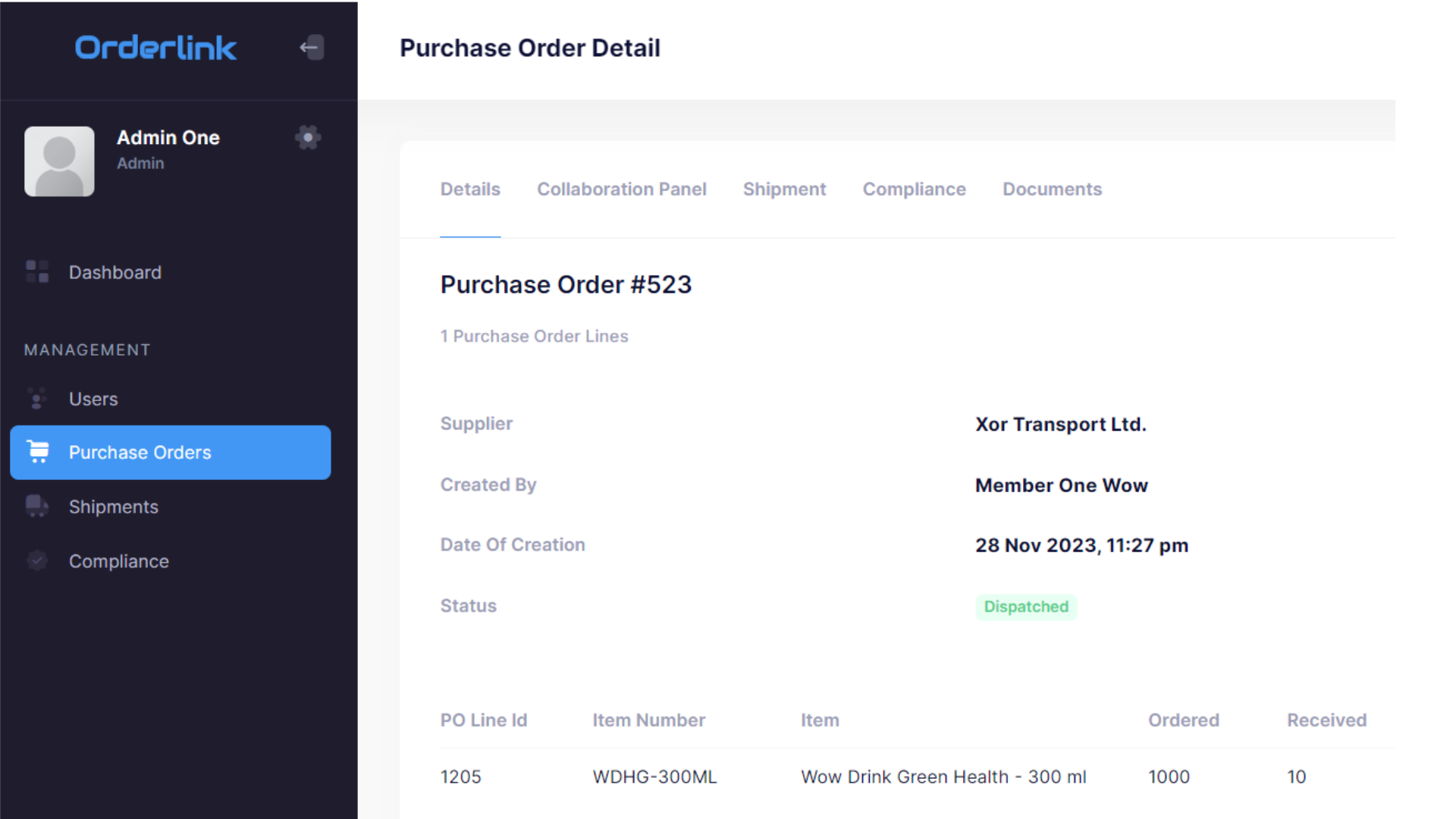The recent announcement by global shipping giant Maersk regarding the withdrawal of its national shipping service in New Zealand has raised concerns about the country's supply chain security. Maersk's decision to discontinue its dedicated New Zealand coastal service, known as Coastal Connect, after less than a year of operation has sparked discussions about the potential impact on the economy and the stability of the supply chain.
Volatility and Insecurity in New Zealand's Supply Chain:
The Maritime Union has expressed its worries, citing the withdrawal of the Coastal Connect service as a step backward for supply chain security in New Zealand. The sudden decision to terminate the service has highlighted the volatility and uncertainty surrounding the country's supply chain. Craig Harrison, the union's national secretary, emphasized that such market volatility negatively affects New Zealand, importers, exporters, and the overall economy.
Potential Implications and Cost Concerns:
The removal of the Coastal Connect service could have several implications for New Zealand's supply chain. The redundancy of 36 to 38 staff members raises questions about job security and the welfare of those affected. Additionally, concerns have been raised about potential cost increases resulting from the changes. The higher costs associated with routing goods through Australian ports compared to New Zealand ports may lead to financial burdens for businesses.
Maersk's Response and Benefits of the Changes:
In response to the concerns, Maersk has stated that the changes will enhance New Zealand's supply chains by providing improved flexible services and better connections to overseas markets. The company reassured that it continues to invest in the New Zealand market and has introduced additional vessels to mitigate the current disruption. Maersk emphasized that the motivation behind the changes is not cost-cutting but rather improving supply chain stability for customers and offering more flexible network solutions.
Collaboration with Unions and Alternative Employment Opportunities:
Maersk acknowledges the impact on local staff and has initiated discussions with unions to explore alternative employment opportunities. The company is committed to working with affected employees and unions to minimize the negative consequences of the Coastal Connect withdrawal.
Conclusion:
The withdrawal of Maersk's Coastal Connect service has sparked concerns about supply chain security in New Zealand. While the decision has raised questions about volatility and potential cost increases, Maersk has emphasized its commitment to enhancing supply chains through improved services and connections. The collaboration with unions and exploration of alternative employment opportunities demonstrates the company's effort to mitigate the effects of the changes. The long-term implications on New Zealand's supply chain security and the economy remain to be seen as stakeholders monitor the situation closely.

 Post
Post





